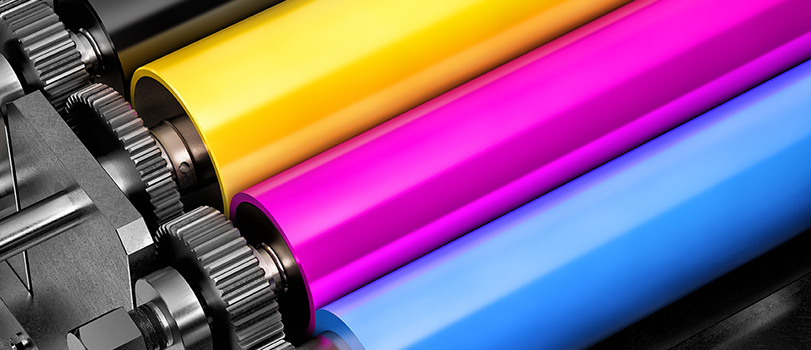Washington Names Printing Inks and Food and Beverage Cans as Draft Priority Products

Food and beverage cans with liners containing phenolic compounds and printing inks containing polychlorinated biphenyls (PCBs) have been named as draft priority consumer products under Washington State’s Safer Products Program. Legislation adopted last year in Washington State, “Preventing toxic pollution that affects public health or the environment,” directs the Washington State Department of Ecology (Ecology), in consultation with the State Department of Health (Health), to implement a regulatory program to reduce toxic chemicals in consumer products. Ecology named the implementation program, “Safer Products for Washington.”
The law directs Ecology to:
- Identify priority chemical classes.
- Identify priority products that are significant sources or uses of those chemicals.
- Determine if safer alternatives are available and feasible in order to decide whether to restrict or require reporting of priority chemical-product combinations.
- Implement restrictions or reporting requirements, if any, through a rulemaking process.
The law identifies the first set of priority chemical classes as including: organohalogen flame retardants (OFRs) and other flame retardants identified under Washington’s CSPA [Children’s Safe Products Act], per- and polyfluoroalkyl substances (PFASs), PCBs, phenolic compounds, and phthalates.
In a January 2020 draft report to the legislature, Ecology lists nine draft priority products as significant sources of priority chemicals or priority chemical classes and explaines how these product-chemical combinations meet the criteria specified in the law. Ecology will submit a final report naming priority products subject to further evaluation to the Washington State Legislature by June 1, 2020, after a 45-day public comment period. The public comment period is open currently until March 2, 2020. The Departments of Ecology and Health are hosting a webinar on February 19, 2020 regarding their draft report.
Two of the nine draft priority products implicate food packaging. The major concern for printing inks containing PBCs is environmental release and for food cans the concerns are human exposure as well as the volume used.
With respect to printing inks, the report notes that they are a significant source of unintentionally generated PCBs. Moreover, pigments and other compounds can become contaminated with PCBs because of non-specific chlorination processes in heated reactions involving carbon and chlorine. The report specifically mentions diarylide yellows, phthalocyanines, and titanium dioxide as affected pigments.
As for can linings, the report indicates that food and beverage cans are a significant source and use of phenolic compounds and that about 2.5 billion cans are sold each year in Washington, with testing showing that a large proportion of those may contain bisphenol-based liners.